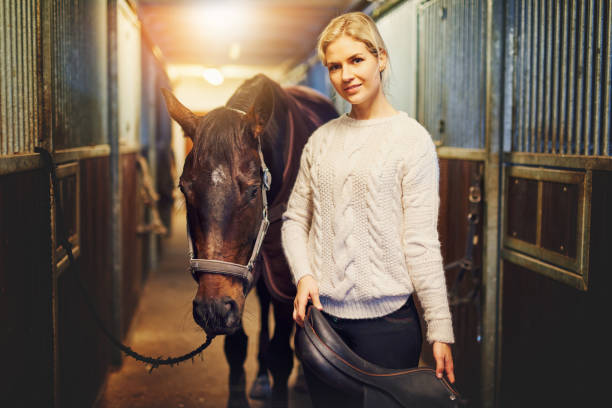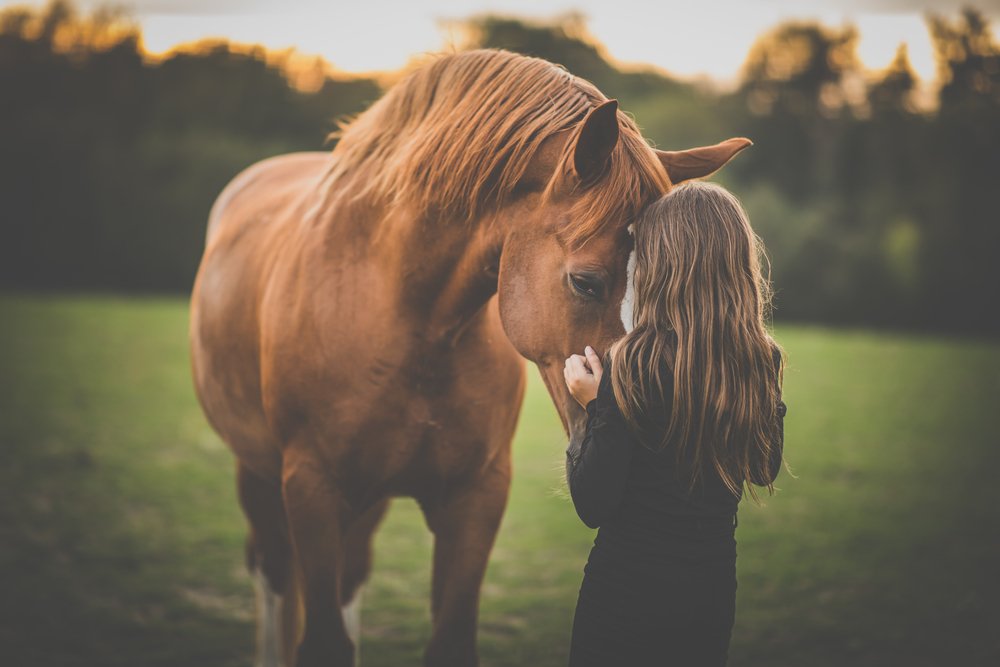As horses age, their joints can face various challenges. Proper senior horse joint care is crucial for maintaining their health and activity levels. Whether you’re an experienced equestrian or a new horse owner, understanding how to care for your senior horse’s joints can make a significant difference in their quality of life.

Understanding Joint Health in Senior Horses
Joint health is essential for every horse, but it becomes even more critical as they age. With age, horses are prone to conditions like arthritis, which can limit their mobility and cause pain. By focusing on senior horse joint care, you can help manage these challenges effectively.
What Causes Joint Problems in Senior Horses?
Joint problems in senior horses often arise due to wear and tear over the years. This natural aging process can lead to the breakdown of cartilage, inflammation, and pain. Other contributing factors include obesity, lack of exercise, and improper nutrition.
Signs of Joint Issues in Senior Horses
Recognizing the signs of joint issues is the first step in addressing them. Look for symptoms such as stiffness, limping, reluctance to move, or swelling around the joints. Early detection and intervention can help prevent further deterioration.
Effective Strategies for Senior Horse Joint Care
Taking proactive steps in senior horse joint care can help your horse lead a comfortable and active life. Here are some strategies to consider:
Regular Veterinary Check-Ups
Routine veterinary check-ups are crucial for monitoring your horse’s joint health. A veterinarian can assess their condition and recommend treatments or lifestyle changes to support joint health.
Optimal Nutrition
Nutrition plays a vital role in senior horse joint care. Providing a balanced diet rich in essential nutrients can support joint function and overall health. Consider supplements specifically designed for aging horses, which can be found at aging horses supplements.
Regular Exercise
Maintaining a regular exercise routine is essential for keeping your senior horse’s joints healthy. Exercise helps maintain flexibility and strengthens the muscles supporting the joints. Tailor the exercise regimen to your horse’s abilities and consult with a professional if needed.
Supplements for Joint Health
Supplements can be an effective addition to your horse’s diet to support joint health. Ingredients like glucosamine, chondroitin, and omega-3 fatty acids can help reduce inflammation and promote cartilage health. Learn more about joint supplements for seniors.
Choosing the Right Supplements
With numerous options available, selecting the right supplement can be challenging. Consider your horse’s specific needs and consult with a veterinarian to choose the most suitable product.
Creating a Comfortable Environment
Providing a comfortable living environment is another critical aspect of senior horse joint care. Ensure that your horse has a soft, dry place to rest, and provide adequate shelter to protect them from extreme weather conditions.
Stable Management
Proper stable management includes maintaining clean and dry bedding, avoiding slippery surfaces, and providing ample space for your horse to move around comfortably. More tips can be found in our guide on senior horse practices.
Outdoor Considerations
When outside, ensure that pastures are free of hazards that could cause injury. Regularly inspect fencing and gates to prevent accidents and ensure your horse’s safety.
Understanding Pain Management
Pain management is a crucial component of senior horse joint care. Work with your veterinarian to develop a pain management plan that may include medications, supplements, and alternative therapies.
Medication Options
Your veterinarian may prescribe anti-inflammatory medications to help manage pain and swelling. Always follow the veterinarian’s advice and monitor your horse for any side effects.
Alternative Therapies
Alternative therapies such as acupuncture, massage, and chiropractic care can be beneficial for managing pain and improving joint function. Discuss these options with your veterinarian to determine their suitability for your horse.
Monitoring Your Horse’s Progress
Regularly monitor your horse’s condition and progress. Keep track of any changes in their behavior, mobility, and appetite. This information can help your veterinarian make informed decisions about your horse’s care.
Adjusting Care Plans
As your horse’s needs change, be prepared to adjust their care plan. Regularly consult with your veterinarian to ensure your horse is receiving the best possible care.
Building a Support Network
Building a network of supportive equestrian enthusiasts can provide valuable insights and assistance. Join local equestrian clubs or online forums to connect with others who share your passion for horses.
Sharing Experiences
Sharing experiences with others can provide encouragement and practical advice. Engaging with a community can also help you stay informed about new developments in senior horse joint care.
Conclusion
In summary, proper senior horse joint care is vital for ensuring your equine companion enjoys a healthy and comfortable life. By focusing on regular veterinary care, optimal nutrition, exercise, supplements, and a supportive environment, you can make a significant impact on your horse’s joint health.

FAQs
What is the best diet for senior horses?
A balanced diet tailored to the specific needs of senior horses is essential for maintaining health. Learn more about dietary requirements at senior horse diet guide.
How can I tell if my horse is in pain?
Signs of pain in horses include changes in behavior, reluctance to move, and physical symptoms such as swelling or heat around the joints. Consult with a veterinarian if you suspect your horse is in pain.
Are there natural remedies for joint pain in horses?
In addition to medications, natural remedies such as supplements, herbs, and alternative therapies can help manage joint pain in horses. Always consult with a veterinarian before trying new treatments.
This article contains affiliate links. We may earn a commission at no extra cost to you.
